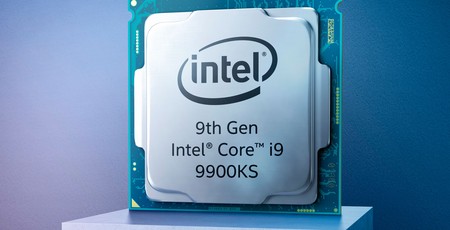
Manufacturer: Intel
UK price (as reviewed): Approx £530 (inc. VAT)
US price (as reviewed): $569.99 (exc. tax)
'5GHz' is a milestone associated with numerous Intel products of late, for better or worse. You have the Core i9-9990XE - a 14-core behemoth that can reach 5GHz across all cores and is so sought-after and cherry-picked that picking one up is practically impossible for your average enthusiast. And let's not forget the infamous 28-core Xeon W-3175X '5GHz' overclock demo where Intel casually "forgot" to mention it was being cooled by a massive water chiller. Fickle creatures that we are, there's a certain inherent satisfaction to the number that 4.9GHz just doesn't quite hold. It's made more important for Intel by the fact that rival AMD has thus far been unable to reach this clock speed with any Ryzen-based CPU, even on a single core.
The Core i9-9900KS, then, is largely a show of force, another 'look what we can do' CPU. With it, Intel is bringing a CPU to its mainstream enthusiast chipset offerings that can reach and sustain 5GHz across all cores without any tinkering needed by the user. Announced to an unsuspecting press at Computex this year, the Core i9-9900KS is a super cherry-picked (binned) part that differs little from the CPU it nudges downwards in Intel's product stack. As you might expect, though, it's more expensive and noticeably more power-hungry too.
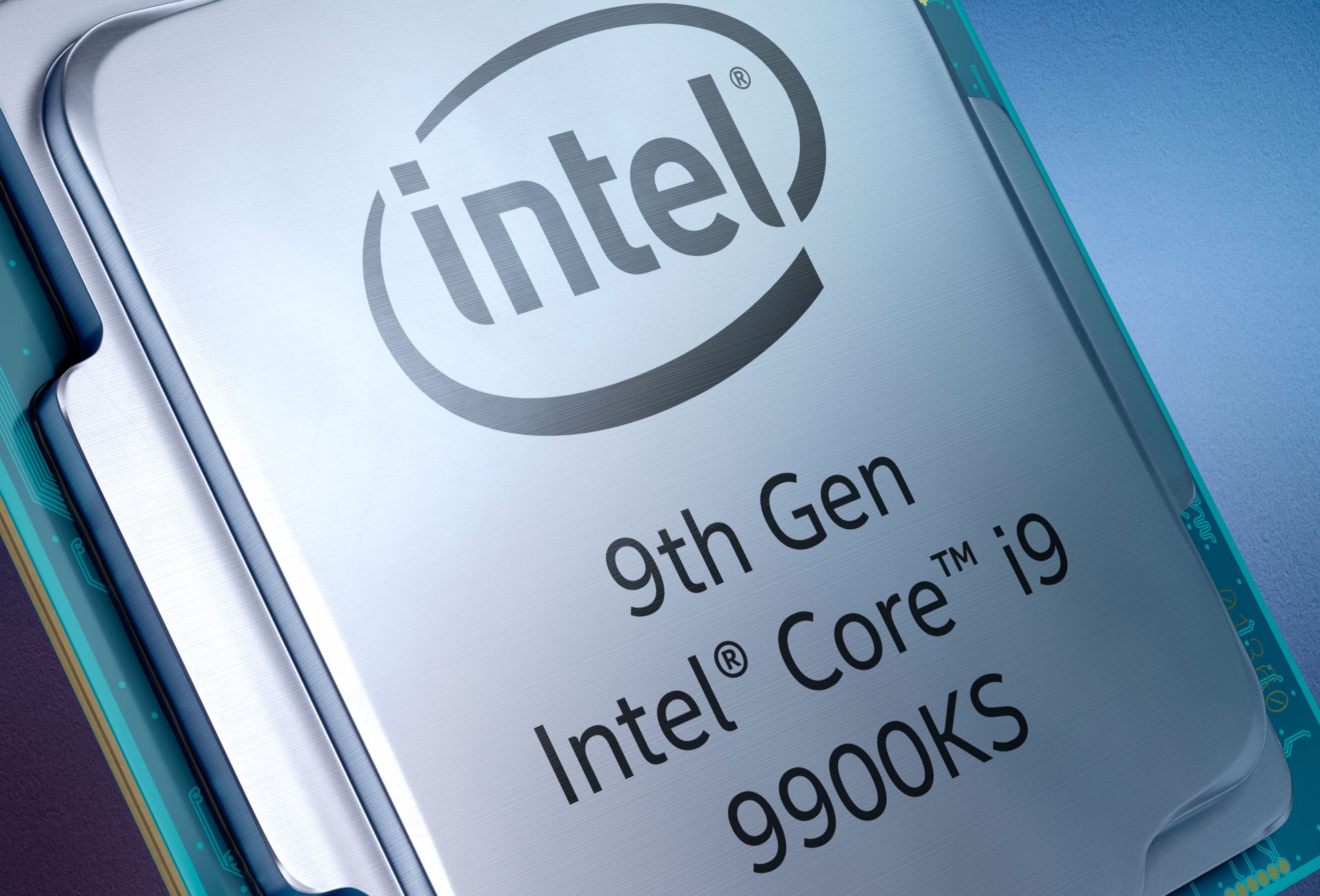
So, the reasoning is more 'because we can' than a true attempt to topple the similarly priced Ryzen 9 3900X, especially in multi-threaded workloads. As Intel itself has said, this is akin to a 2019 version of the Core i7-8086K - essentially a trophy, limited-edition part that isn't designed to offer massive performance gains or even replace an existing SKU. The pessimists out there will dismiss it based on a perceived lack of progress on Intel's part in light of the long-delayed transition to 10nm and given that the move from a six- to eight-core maximum has been arguably the most significant move in the last two generations. The optimists out there - or those with big enough wallets - will note the low latencies eight 5GHz cores will bring as well as stellar gaming performance and a bump to multi-threaded workloads.
| Corei9-9900KS | Core i9-9900K | Core i7-9700K | Core i5-9600K | Core i7-8700K | Core i5-8600K | |
| Base Freq | 4GHz | 3.6GHz | 3.6GHz | 3.7GHz | 3.7GHz | 3.6GHz |
| Max Freq | 5GHz | 5GHz | 4.9GHz | 4.6GHz | 4.7GHz | 4.3GHz |
| Cores/threads | 8/16 | 8/16 | 8/8 | 6/6 | 6/12 | 6/6 |
| Core | Coffee Lake Refresh | Coffee Lake Refresh | Coffee Lake Refresh | Coffee Lake Refresh | Coffee Lake | Coffee Lake |
| TDP | 127W | 95W | 95W | 95W | 95W | 95W |
| L3 Cache | 16MB | 16MB | 12MB | 9MB | 12MB | 9MB |
| Lithography | 14nm | 14nm | 14nm | 14nm | 14nm | 14nm |
However, it's worth looking at what the new CPU is up against so we can nail down our conclusion, and as usual, it's Intel itself that's closest in terms of price and specifications with the Core i9-9900K and 9900KF, although admittedly both the Ryzen 7 3800X and Ryzen 9 3900X are noteworthy alternatives. In case you didn't know already, both the former Intel CPUs can achieve 5GHz out of the box, but only concurrently on two cores. When a third core is loaded that frequency falls to 4.8GHz, and after the fifth core is engaged it drops another 100MHz. All cores loaded means 4.7GHz whereas the Core i9-9900KS adds 300MHz to that figure for an all-core boost of 5GHz.
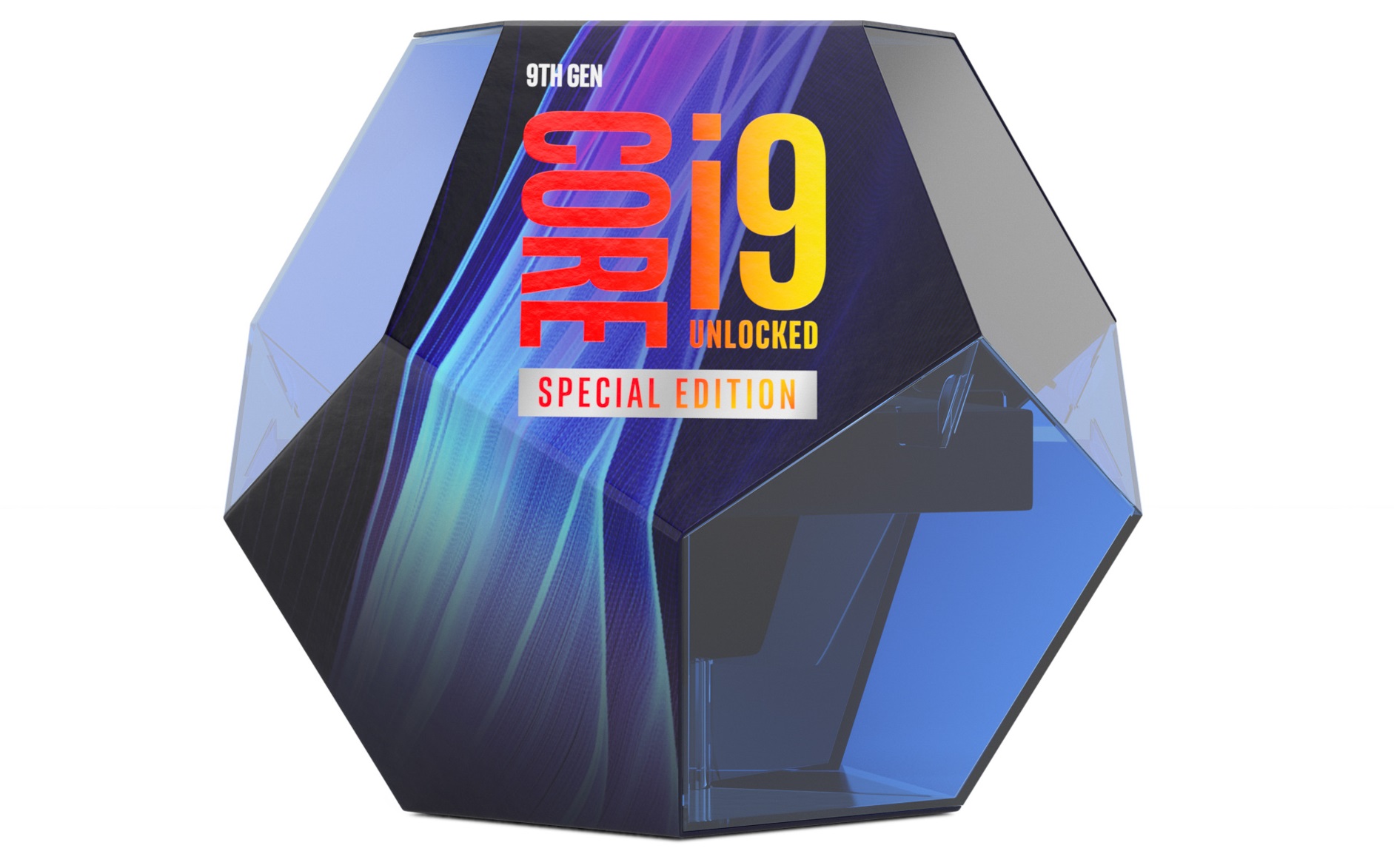
Lightly threaded workloads, then, won't see much benefit seeing as the Core i9-9900K can hit 5GHz on up to two cores. There's also the issue it can overclock more often than not to 5GHz across all eight cores too - our own sample managed it fairly easily. Being binned to an even higher degree than your average Core i9-9900K, though, another part of the appeal of the Core i9-9900KS is potential extra overclocking headroom given it can achieve what is the limit of many overclocked Core i9-9900Ks directly out of the box. However, even reaching 5.2GHz will mean just 200MHz overclocking headroom above the stock all-core boost.
You don't get those extra clocks for free, either, as the TDP rises from 95W with the Core i9-9900K to 127W. In real-world power consumption that's likely to be quite significant, and the same applies to the heat output. The rest of the specification, though, remains the same with 256KB L2 cache per core and 12MB L3 cache, and if you're running a non Z-edition chipset, your memory will still sit at a maximum of 2,666MHz, which hasn't budged for a couple of generations of mainstream flagship models.
Specifications
- Base frequency 4GHz
- Turbo frequency 5GHz
- Core Coffee Lake-S
- Manufacturing process 14nm
- Cores/threads 6/12
- Cache L2: 8 x 256KB, L3 12MB
- Memory controller Dual-channel DDR4, up to 2,666MHz
- Packaging Intel LGA 1151 V2 (Coffee Lake/Z390)
- Thermal design power (TDP) 127W
- Features Turbo Boost 2.0, SpeedStep, AVX, AVX2, MMX, SSE, SSE2, SSE3, SSSE3, SSE4, SSE4.2, EM64T, F16C

MSI MPG Velox 100R Chassis Review
October 14 2021 | 15:04

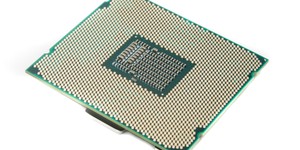
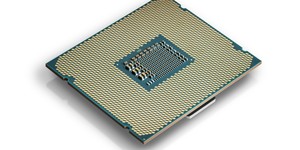
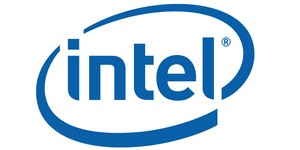




Want to comment? Please log in.